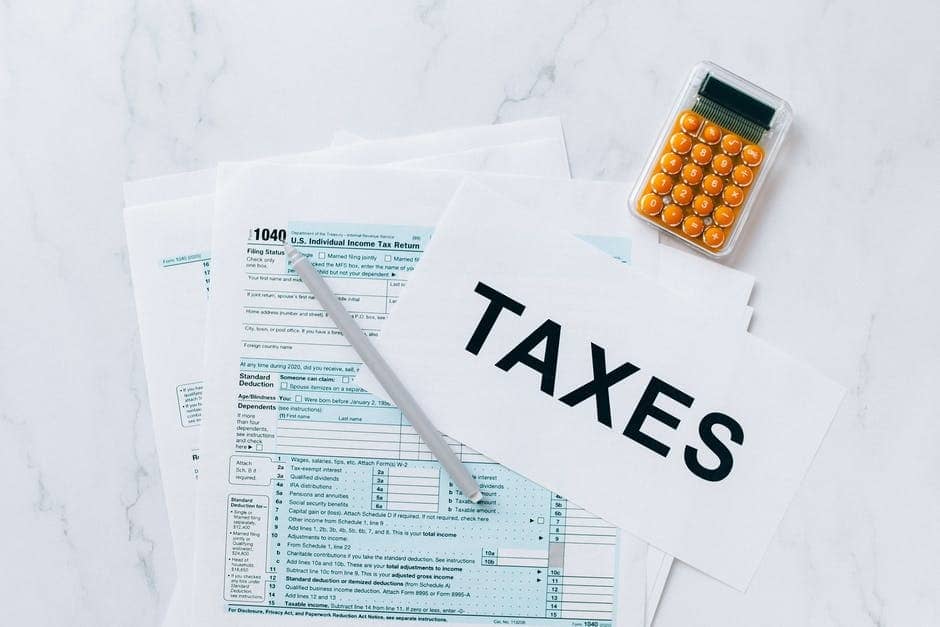In 2018, there were 9.9 million people on social security disability.
But do you have to file taxes on disability income? Figuring out taxes can be difficult without having to deal with disability income, but there are many more factors to consider.
Keep reading to discover more about disability income, taxes, and how to save some money.
What Is Disability Income?
Disability income is insurance that gives individuals income if they’re disabled. To qualify for this, you have to have a disability that prevents you from not being able to work.
This protects people from having no income when they have an accident or illness that won’t let them get a regular income. This insurance normally comes through an employer, social security, or another insurance company.
It could be either short-term or long-term disability coverage. The amount you get will be based on all kinds of factors, and you’ll get paid each month.
For tax purposes, disability income does count as a form of income, and you can still receive this while receiving other forms of income as well. However, there’s a certain point where this all becomes taxable.
Do You Have to File Taxes on Disability Income?
The big question is: Are disability payments taxable? The answer is yes.
Disability payments are taxable, but they don’t include any supplemental payments. Your benefits might be taxed if you have over half a year of benefits and you have other income as well.
If you’re married or filing jointly, you’ll have to include your spouse’s income even if they’re not disabled. The base amount for a filing status is $25,000 if you’re single.
If you’re married but filing separately, it’ll also be $25,000. If you’re married and filing together, it’s $32,000. If you’re married and filing separately, $0 is the base amount.
If you meet any of those requirements, don’t worry. Only a certain portion of your disability can be taxed, and there are a few ways to calculate it.
Figure Out Taxable Amount
Since they’re not always taxable, you’ll have to figure out what the taxable amount is. If you don’t make more than $25,000 as an individual, then you don’t have to pay taxes on that social security disability. The same is true if you’re filing jointly with less than $32,000 a year.
If you go over those limits, then your disability does become taxable. However, you won’t have to pay taxes on all of the benefits. So regardless of how much your income is, you won’t have to pay taxes on more than 8% of your social security disability.
If you earn more than $25,000 but less than $34,000 while you file as an individual, 50% of your disability income can be taxed. If you’re filing with someone, then your limits are more than $32,000 but less than $44,000.
On the other hand, if you earn more than $34,000 as an individual, then you have to pay taxes on 85% of the disability. However, if you are making more than $44,000 for filing jointly, you’ll need to pay that 85% as well.
The exact amount you’ll owe will depend on how much income you made during that year. There are forms you’ll need to fill out to file these. These forms have equations that will help you figure out how much you’re going to owe each year, but you should always have an accountant check the amount to make sure you did the math correctly.
How to Withhold Taxes
If you’re making above those limits, then you’ll have to pay taxes on your disability income. You can request that the SSA holds taxes from your payment, and this will ensure that you don’t owe anything when tax season comes.
They won’t be withheld automatically, so you need to tell someone to do it.
Before you do that, contact a tax accountant to take care of it and offer guidance on how much to withhold. If you ever have questions, you can also contact your social security beneficiary and ask for their help as well.
How to Handle Back Pay
Depending on what happened with your disability payments, you might receive back payments. This back payment comes when they should’ve been paying you but didn’t for some reason. Normally, the social security disability can take a while to get approved, which is why many people get paid retroactively.
This normally comes in a lump sum.
But you should be careful if you have back pay when you’re filing your taxes. Even though it’s a lump sum, you don’t have to claim the full amount on your tax return. If you do claim it as a single year’s income, this will put you in a higher tax bracket, and you’ll be charged at a higher percentage.
Instead of doing that, file amended returns for the years that the back payment would’ve covered. You should only claim the payments for the year on your current tax income return. Doing this will let you have a lower reported income and save you a little bit of money on taxes.
Discover More On Filing Taxes on Disability Income
Do you have to file taxes on disability income? The short answer is it depends on how much you make and what bracket you fall into.
We know that dealing with taxes can be overwhelming, which is why it’s always great to consult with your CPA as well.
If you found this financial information interesting, explore our website to find even more articles just like this one!

